Will The Next Pope Continue Francis's Vision? The Conclave's Challenge

Table of Contents
Francis's Key Initiatives and Their Legacy
Pope Francis's legacy is multifaceted and deeply impactful. Understanding his key initiatives is crucial to predicting the future direction of the Church under the Next Pope.
Social Justice and the Poor
Francis's emphasis on a "preferential option for the poor" has been a cornerstone of his papacy. His critique of unchecked capitalism and his calls for greater economic equality have resonated globally.
-
Examples of Francis's actions:
- Laudato Si', his encyclical on the environment, highlighting the interconnectedness of social justice and environmental stewardship.
- His consistent focus on migrant and refugee rights, advocating for their humane treatment and integration.
- His numerous appeals for debt relief for impoverished nations.
-
Potential challenges for the next Pope in continuing this focus:
- Significant opposition from conservative factions within the Church who may prioritize traditional theological interpretations over social justice concerns.
- The complex economic realities of a globalized world, requiring nuanced approaches to address poverty without jeopardizing economic stability.
- Navigating the political landscape, where advocating for the poor can lead to clashes with powerful interests.
Reform of the Curia and Church Governance
Francis has undertaken significant efforts to reform the Vatican bureaucracy, aiming for greater transparency, accountability, and decentralization of power. This includes streamlining processes and empowering local churches.
-
Examples of reforms:
- The creation of new dicasteries, reorganizing the Vatican's administrative structure for greater efficiency.
- His emphasis on synodality, promoting greater participation of bishops and laity in Church governance.
- Initiatives to combat financial mismanagement and corruption within the Vatican.
-
Challenges in implementing lasting reforms:
- Resistance to change from entrenched interests within the Curia, who may be resistant to reform efforts.
- The lack of a clear and consistently implemented structure for decision-making, leading to inconsistencies in the application of reforms.
- The need for long-term commitment and sustained effort to overcome deeply ingrained patterns of operation.
Interfaith Dialogue and Ecumenism
Francis has prioritized interfaith dialogue and ecumenism, fostering greater understanding and cooperation with other religions and Christian denominations.
-
Examples of his initiatives:
- Numerous meetings with leaders of other faiths, building bridges and fostering mutual respect.
- Joint declarations with leaders of other Christian churches, highlighting shared beliefs and promoting collaboration.
- His emphasis on religious freedom and tolerance as fundamental human rights.
-
Potential challenges for the next Pope in maintaining this approach:
- Theological differences and historical conflicts that can complicate efforts at interfaith dialogue.
- Political sensitivities and geopolitical considerations that can impede cooperation with certain religious groups.
- The need for careful navigation to avoid compromising core Catholic doctrines while fostering mutual understanding.
Potential Candidates and Their Ideological Leanings
The next Papal Conclave will be pivotal in shaping the future of the Catholic Church. The ideological leanings of potential candidates will significantly influence the continuation of Francis's vision.
Conservative Cardinals
A significant number of cardinals within the College of Cardinals hold more traditionalist views. Their influence could lead to a shift away from some of Francis's more progressive initiatives.
- Examples of potential candidates who may represent a more conservative approach: (While it's inappropriate to name specific cardinals without firm evidence of their candidacy, examples could be drawn from cardinals known for their traditionalist stances on issues like liturgy, family, and social issues.)
- Their potential impact on continuing Francis's vision: A conservative Pope might prioritize traditional doctrine over social justice concerns, potentially slowing or reversing some of Francis's reforms.
Progressive Cardinals
A number of cardinals align with Francis's progressive stances. Their presence in the Conclave could ensure a continuation, or even an acceleration, of his reform efforts.
- Examples of potential candidates who are likely to continue Francis's reform efforts: (Again, it's crucial to avoid naming individuals prematurely, but examples could be drawn from cardinals known for their support of Francis's social justice initiatives and reform efforts.)
- Their influence on the future direction of the Church: A progressive Pope would likely continue and expand upon Francis's emphasis on social justice, environmental stewardship, and ecumenical engagement.
The Conclave's Dynamics and the Future of the Church
The Papal Conclave itself is a complex process with multiple factors influencing the outcome. The global challenges facing the Catholic Church will also significantly impact the next Pope's agenda.
The Role of the Cardinals
The cardinals' choices will be influenced by a variety of factors, making the outcome difficult to predict.
- Factors influencing the cardinals' choices:
- Theological viewpoints and interpretations of Catholic doctrine.
- Geopolitical considerations and the need for a Pope who can effectively lead the Church globally.
- Personal relationships and alliances within the College of Cardinals.
Global Challenges Facing the Catholic Church
The next Pope will inherit numerous challenges that will require careful consideration.
- How these challenges might affect the next Pope's approach:
- Declining church attendance in many parts of the world will necessitate innovative approaches to evangelization and pastoral care.
- The rise of secularization requires adapting the Church's message to a more secularized society.
- The ongoing fallout from sexual abuse scandals demands continued reforms to ensure accountability and prevent future abuse.
Conclusion
The question of whether the next Pope will continue Francis's vision is complex and multifaceted. The future direction of the Catholic Church will depend on a confluence of factors, including the ideological leanings of the next pontiff, the dynamics within the conclave, and the global challenges the Church faces. While some aspects of Francis's papacy might be maintained, others may evolve or be adapted. Understanding the issues discussed in this article will be crucial in comprehending the future path of the Catholic Church under its next leader. To stay informed about the upcoming Papal Conclave and the potential implications for the future, continue following the latest news and analyses on the Next Pope and Francis's legacy.

Featured Posts
-
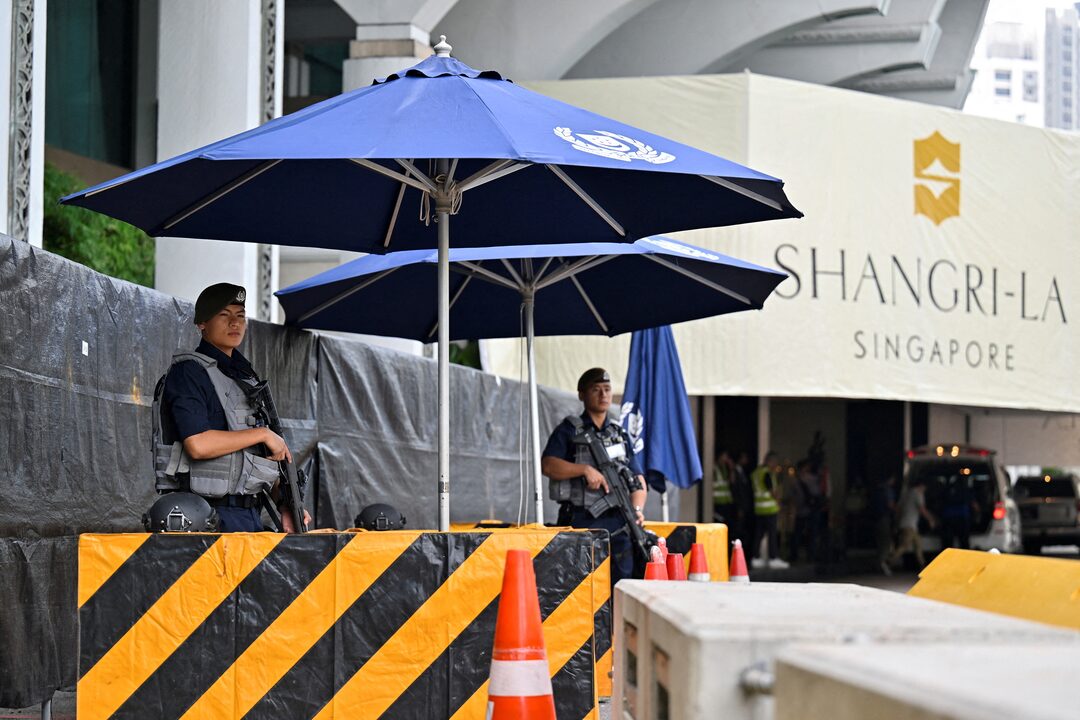 Closer Security Collaboration Between China And Indonesia
Apr 22, 2025
Closer Security Collaboration Between China And Indonesia
Apr 22, 2025 -
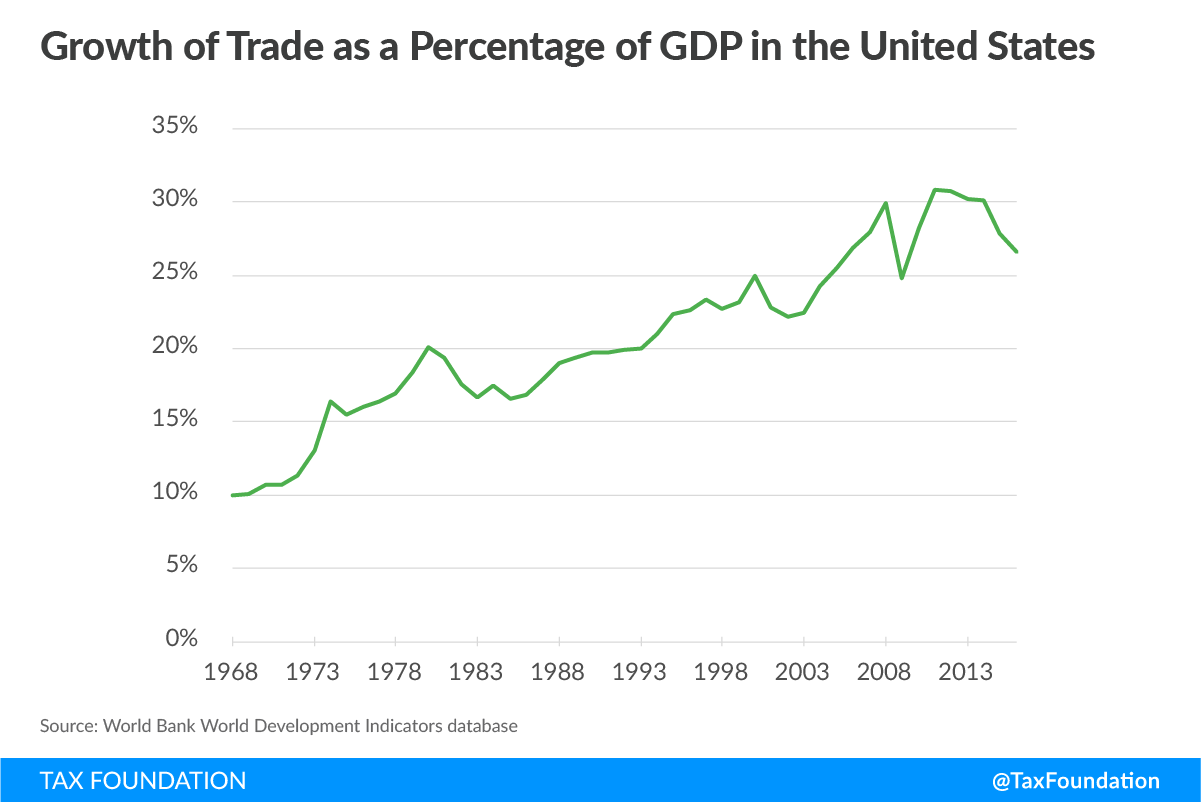 Trump Tariffs How Businesses Use Tik Tok To Find Solutions
Apr 22, 2025
Trump Tariffs How Businesses Use Tik Tok To Find Solutions
Apr 22, 2025 -
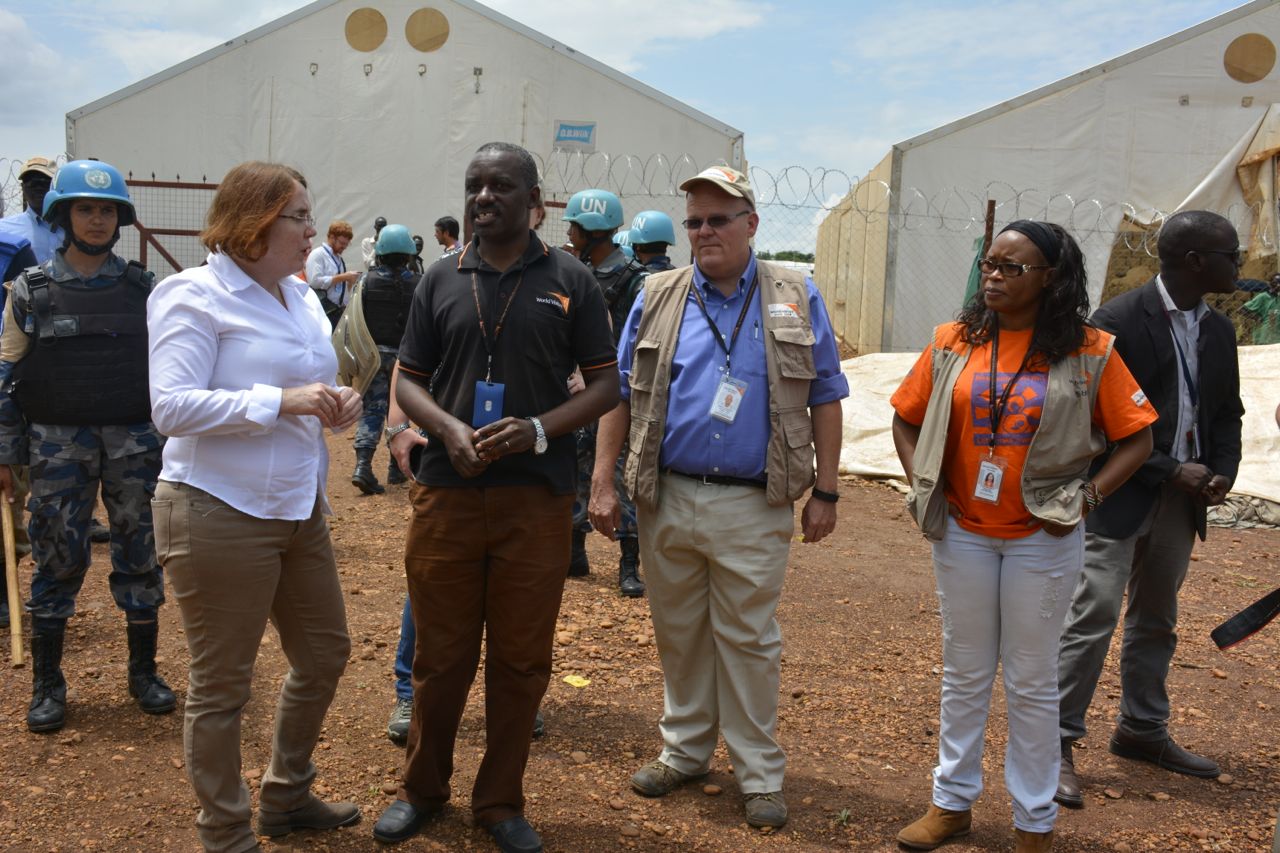 South Sudan Us Collaboration On Deportees Return
Apr 22, 2025
South Sudan Us Collaboration On Deportees Return
Apr 22, 2025 -
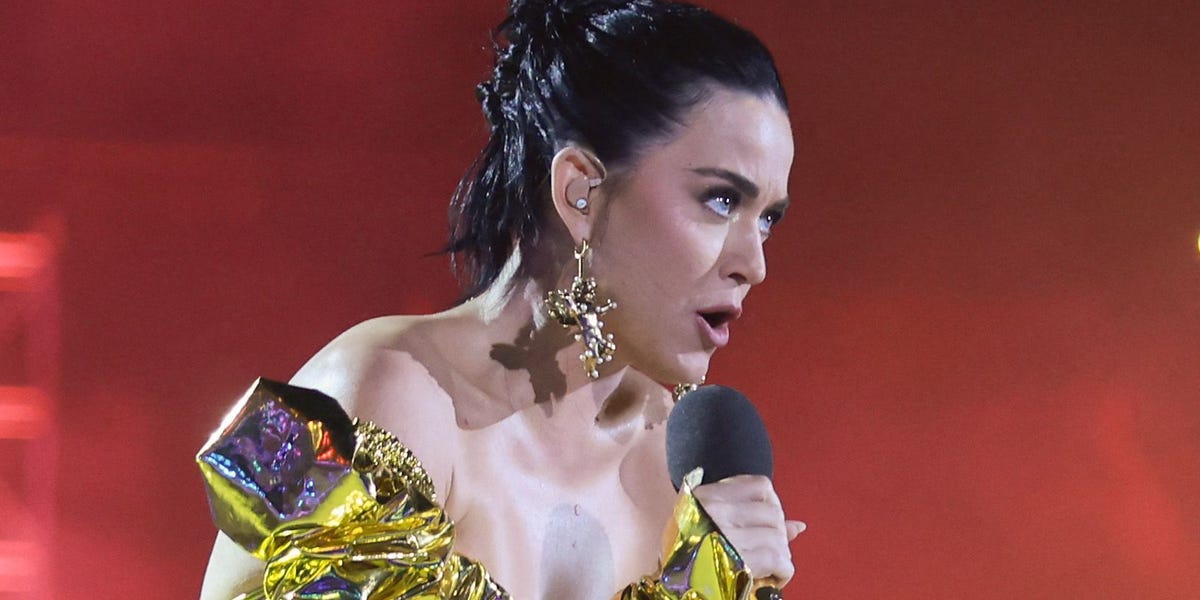 The Blue Origin Debacle Larger Than Life Unlike Katy Perrys Success
Apr 22, 2025
The Blue Origin Debacle Larger Than Life Unlike Katy Perrys Success
Apr 22, 2025 -
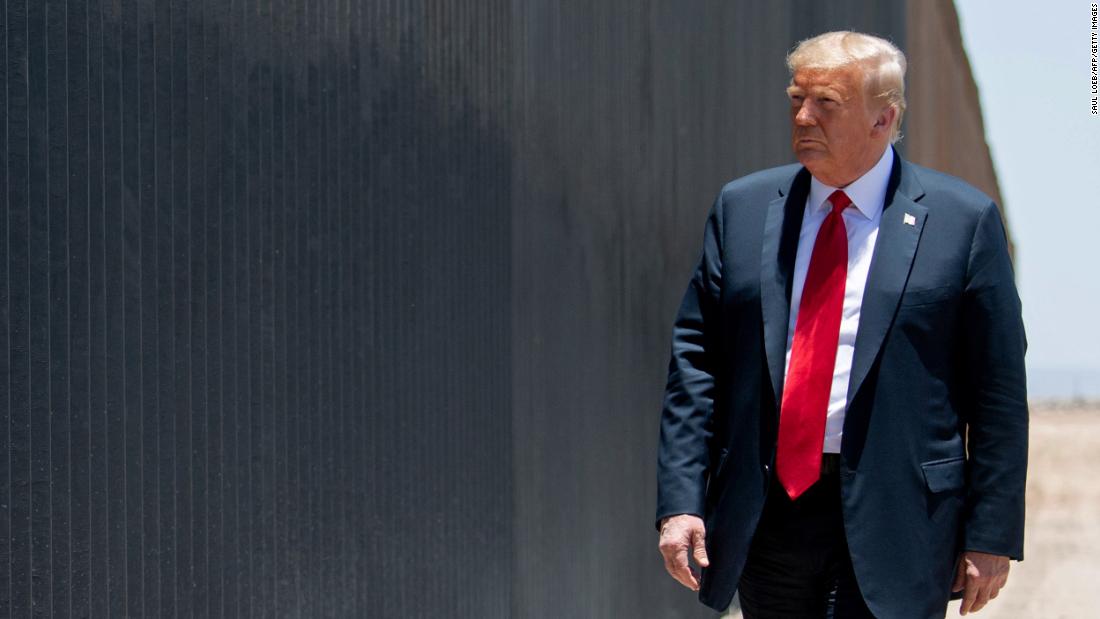 Harvard Faces 1 Billion Funding Cut From Trump Administration Amid Growing Tensions
Apr 22, 2025
Harvard Faces 1 Billion Funding Cut From Trump Administration Amid Growing Tensions
Apr 22, 2025
